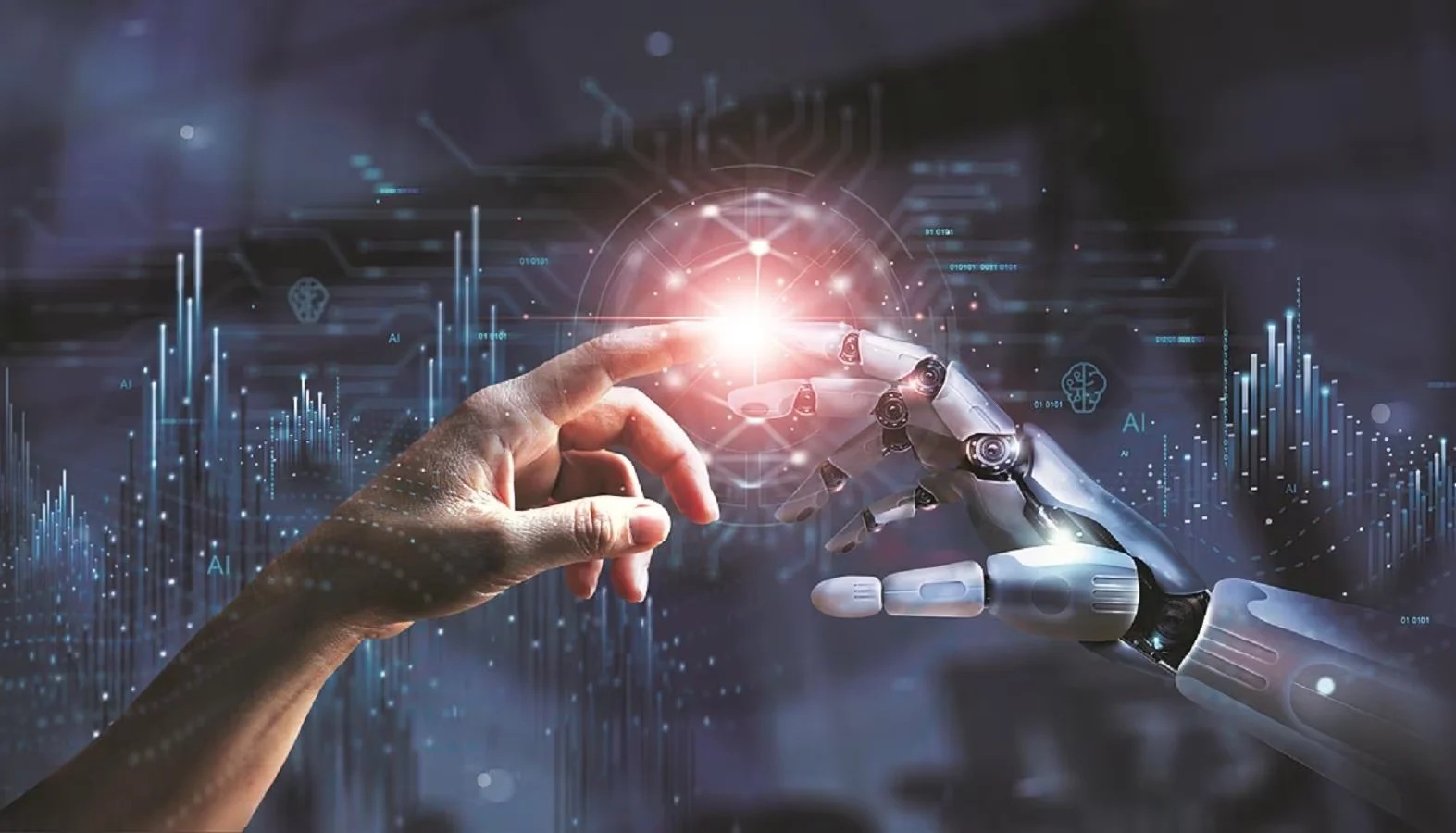Introduction
Artificial Intelligence and the Future of Work: As we navigate the ever-evolving landscape of technology, one phenomenon stands out for its potential to reshape the future of work: artificial intelligence (AI). In this article, we delve into the implications of AI on employment, skills, and societal structures, unraveling its multifaceted impact on the workforce.
Table of Contents
The Advent of AI in the Workplace
Artificial intelligence has permeated various industries, revolutionizing how businesses operate. From automating routine tasks to enabling data-driven decision-making, AI technologies are increasingly becoming indispensable. Companies across the globe are leveraging AI to streamline processes, enhance efficiency, and deliver personalized experiences to customers.
Shifting Employment Dynamics
The rise of AI has sparked debates about its impact on employment. While automation may lead to job displacement in certain sectors, it also creates new opportunities for innovation and growth. Roles that require human creativity, critical thinking, and emotional intelligence are less susceptible to automation, emphasizing the importance of upskilling and reskilling in the workforce.
Skills for the AI Era
In the age of AI, possessing a diverse skill set is essential for staying relevant in the job market. Beyond technical competencies, soft skills such as adaptability, communication, and collaboration are increasingly valued. Lifelong learning has become a necessity, as individuals seek to adapt to the changing demands of the digital economy.
Ethical Considerations
The widespread adoption of AI raises ethical concerns regarding privacy, bias, and accountability. As algorithms shape various aspects of society, ensuring fairness, transparency, and accountability in AI development and deployment is paramount. Regulatory frameworks and ethical guidelines play a crucial role in mitigating potential risks and safeguarding societal well-being.
Embracing the Future
While AI presents challenges, it also offers immense potential for innovation and progress. By harnessing AI responsibly and ethically, we can create a future where technology augments human capabilities rather than replacing them. Collaboration between governments, businesses, and civil society is essential in shaping a future where AI serves the greater good.
Conclusion : Artificial Intelligence and the Future of Work
The impact of artificial intelligence on the future of work is profound and far-reaching. While uncertainties remain, embracing change and fostering a culture of continuous learning are key to navigating the evolving landscape of work. By addressing ethical concerns, investing in skills development, and fostering innovation, we can harness the transformative power of AI for the benefit of society.
FAQs : Artificial Intelligence and the Future of Work
1. How does AI affect job security?
AI may automate certain tasks, leading to job displacement in some sectors. However, it also creates new opportunities for employment, particularly in roles that require human judgment and creativity.
2. What skills are essential for thriving in the AI era?
In addition to technical skills, soft skills such as adaptability, communication, and problem-solving are essential for success in the AI-driven workplace. Lifelong learning and a growth mindset are also critical for staying relevant in a rapidly evolving job market.
3. What are some ethical considerations in AI development?
Ethical considerations in AI development include ensuring fairness, transparency, and accountability in algorithms, as well as addressing issues of bias and discrimination. Protecting user privacy and mitigating the risks of AI misuse are also important considerations.
4. How can businesses leverage AI responsibly?
Businesses can leverage AI responsibly by prioritizing ethical considerations in AI development and deployment. This includes implementing robust data governance practices, ensuring transparency in algorithmic decision-making, and engaging with stakeholders to address concerns about AI’s impact on society.
5. What role do governments play in regulating AI?
Governments play a crucial role in regulating AI to ensure that it is developed and deployed in a manner that promotes societal well-being. This includes enacting laws and regulations to address privacy concerns, mitigate bias and discrimination, and promote responsible AI innovation and use.







